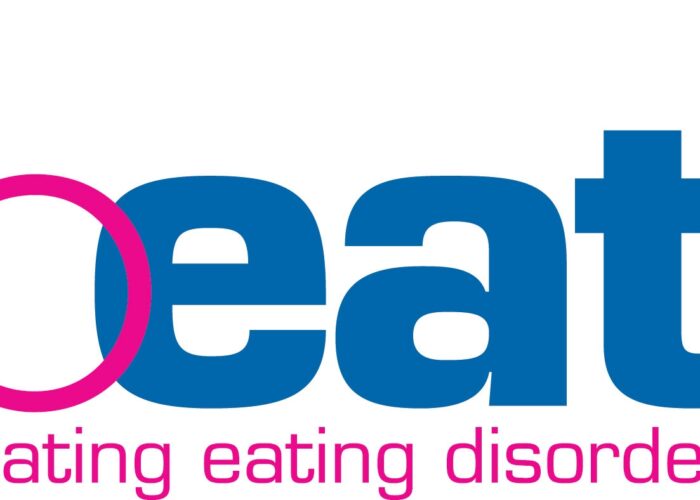
Eating disorders are estimated to cost the UK economy £8bn a year, according to a new report commissioned by eating disorder charity, Beat.
The report highlighted the inconsistent access to treatment as one of the factors to blame for high numbers of cases involving anorexia, bulimia and binge eating.
Leigh Best, founder of Liverpool-based charity TEDS (Talk Eating Disorders), told JMU Journalism: “It’s important to have help out there. Eating disorders are a complex psychological illness with a very high suicide rate.
“Ongoing support needs to be offered to suffers of eating disorders. Recovery doesn’t just happen overnight, it can take years. They need the right support at the right time.”
Statistics show that timing is crucial when treating eating disorders, as around one in five sufferers wait more than a year for NHS treatment, with over a third waiting more than six months.
Over 1.6 million men and women in the UK are affected, and young women aged 12-20 are the age group most likely to develop an eating disorder.
Relapse rates for sufferers go down from 63% to 33% for those who sought early help.
Susan Ringwood, chief executive of Beat, said: “We need to see things changed, services need to be joined up. They’re fragmented and there’s too much wait and see. There are also too many artificial barriers and perverse incentives in the system. Those have got to come down.”
Last year, the Government announced a £150m investment to improve the treatment of eating disorders.
Beat welcomes the pledge, but is also calling for the introduction of NHS waiting-time targets for mental health.
Leigh, who set up the TEDS voluntary eating disorder support group in 2000 following her own child’s eight-year battle, added: “The NHS are doing the best they can with the money, but a large part needs to be spent on ongoing support, and not just for the ones suffering from the illness, but for their families as well.”

